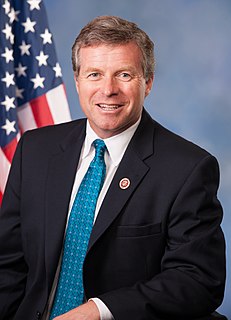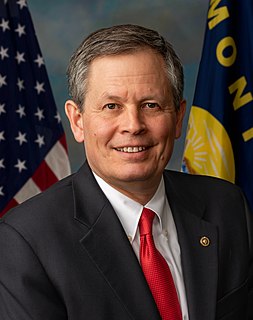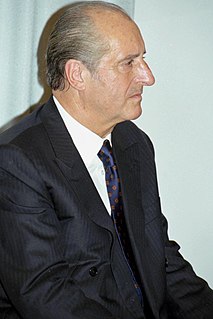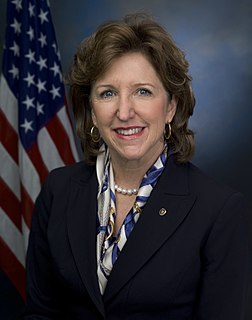A Quote by Mark McKinnon
America's commitment to religious freedom and tolerance should not be conditional.
Quote Topics
Related Quotes
Religious freedom is often referred to as America's first freedom. Our country was founded by religious exiles and built on the belief that God has given all people certain inalienable rights. Government's role in society is to protect these rights and ensure that we are safe from religious persecution and discrimination.
Once a man has tasted freedom he will never be content to be a slave. That is why I believe that this frightfulness we see everywhere today is only temporary. Tomorrow will be better for as long as America keeps alive the ideals of freedom and a better life. All men will want to be free and share our way of life. There must be so much that I should have said, but haven't. What I will say now is just what most of us are probably thinking every day. I thank God and America for the right to live and raise my family under the flag of tolerance, democracy and freedom.
One of the paradoxes of liberal societies arises from the commitment to tolerance. A society committed to respecting the viewpoints and customs of diverse people within a pluralistic society inevitably encounters this challenge: will you tolerate those who themselves do not agree to respect the viewpoints or customs of others? Paradoxically, the liberal commitment to tolerance requires, at some point, intolerance for those who would reject that very commitment.
































